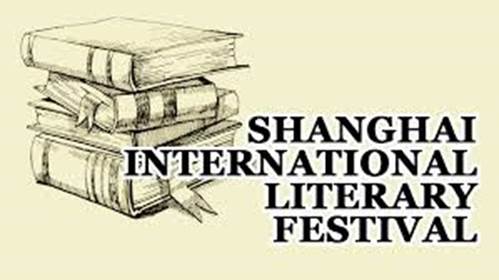

China’s contemporary literature scene is going from strength to strength. In 2012, Mo Yan won the Nobel Prize for Literature, putting China firmly on the modern literary map. Literary festivals in Beijing and Shanghai now attract big international names as well as national writers.
Yet, as late as 1950, China’s literacy rate was only 20 percent. When the Communists came to power in 1949 they made raising the literacy rate one of their top priorities. The literacy campaigns that followed were a huge success, and by 2010 about 95 percent of China’s population was able to read and write. This was achieved partly through introducing simplified characters (jian tizi- 简体字) which have fewer strokes or elements per character and are easier to remember (traditional characters are still used today in both Hong Kong and Taiwan). The impact of the rise in literacy rates in China cannot be underestimated – according to the World Bank it’s one of the major factors behind China’s economic success over the last 30 odd years.
Back to today and annual events like the Shanghai International Literary Festival and the Beijing Capital M Literary Festival now celebrate everything from fiction and non-fiction to journalism, poetry, creative writing, screen writing and food writing.
These events bring together an eclectic group of both national and international literature lovers over dinner and drinks at the lavish M restaurants. Writer’s workshops and individual sessions are also offered and give this cross-cultural exchange a more personal feel than regular forums.
Both of these events are being held Oct. 31- Nov. 8 2015. Book a trip to China with Imperial Tours, telling your itinerary designer about your wish to attend one of these events